The Central Bank of The Bahamas has announced that it will be launching the pilot phase of the “Project Sand Dollar” today, Dec. 27. The pilot will be launched in Exuma with plans to extend to Abaco in the first half of 2020.
The central bank clarified that “Sand Dollar” is essentially a “digital fiat currency” and not a cryptocurrency in any sense.
“The digital currency would also not be a stable coin, or a parallel currency, in the sense that it would not derive any value separate from the external reserves backing afforded to the Central Bank’s demand liabilities,” it added.
Also, the name “Sand dollar” is also name assigned to the proposed central bank digital currency (CBDC). The project, the central bank said, is a continuation of the Bahamian Payments System Modernization Initiative (PSMI), which began in the early 2000s.
“The intended outcome of Project Sand Dollar is that all residents in The Bahamas would have use of a central bank digital currency, on a modernized technology platform, with an experience and convenience—legally and otherwise—that resembles cash. It is expected that this will allow for reduced service delivery costs, increased transactional efficiency, and an improved overall level of financial inclusion,” the project outline reads.
The central bank further said that the project will not replicate the anonymity feature of cash, but added that the Sand Dollar infrastructure would incorporate strict attention to confidentiality and data protection.
In the pilot, all payments services firms would have access to the digital currency and would be able to use the Sand Dollar Network to settle retail Bahamian dollar payments. Residents would be able to pay retailers through wallet-linked QR codes, CoinDesk reported.
However, there are certain limits as well – businesses are allowed to hold up to $1 million in their digital wallets and adhere to monthly transactional limits of 1/8th of annual sales or $20,000, whichever is greater. Individuals, on the other hand, can hold up to $500 with higher limits subject to “enhanced due diligence” on their accounts.
“As the pilot progresses in Exuma, the Central Bank will simultaneously promote the development of new regulations for the digital currency, and strengthen consumer protection, especially around data protection standards,” the central bank said.
Just recently, Turkish President Recep Tayyip Erdogan has also mandated the development of the country’s CBDC to be finished by 2020. The British Virgin Island (BVI) is also developing its own digital currency, called BVI-LIFE, which will be pegged to the U.S. dollar 1:1.





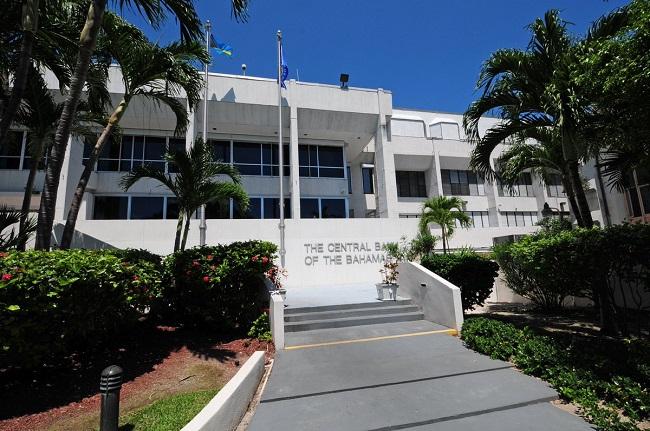

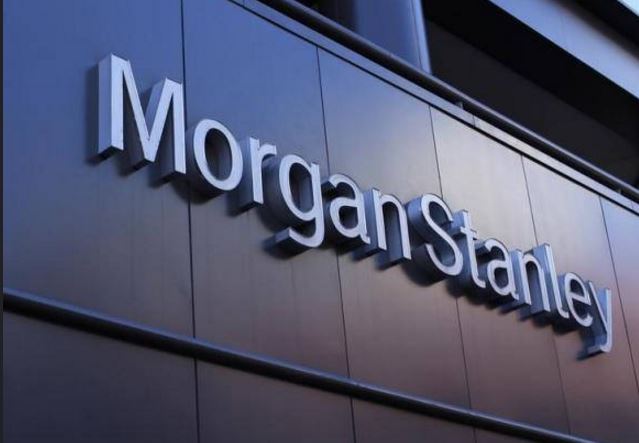
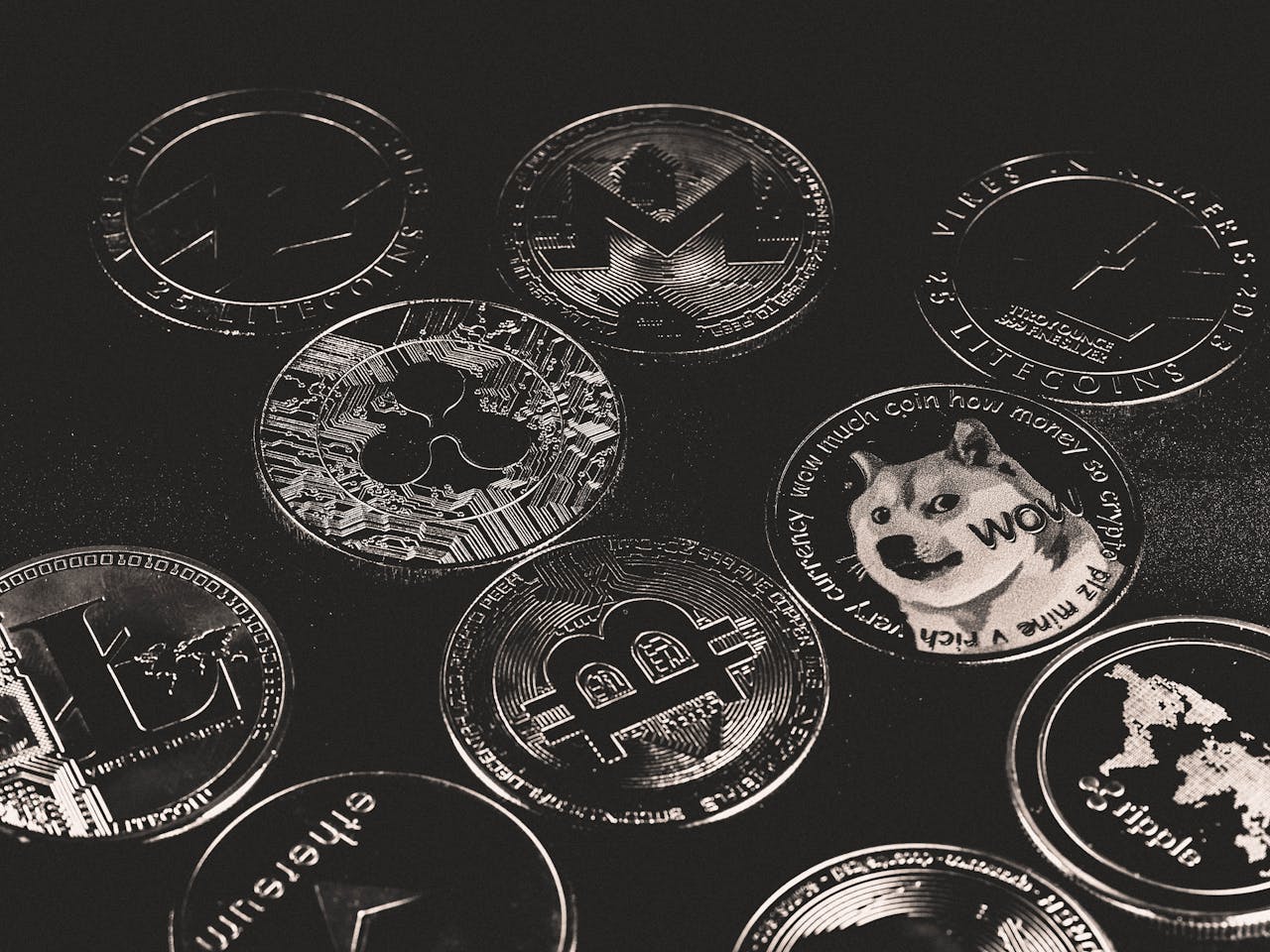






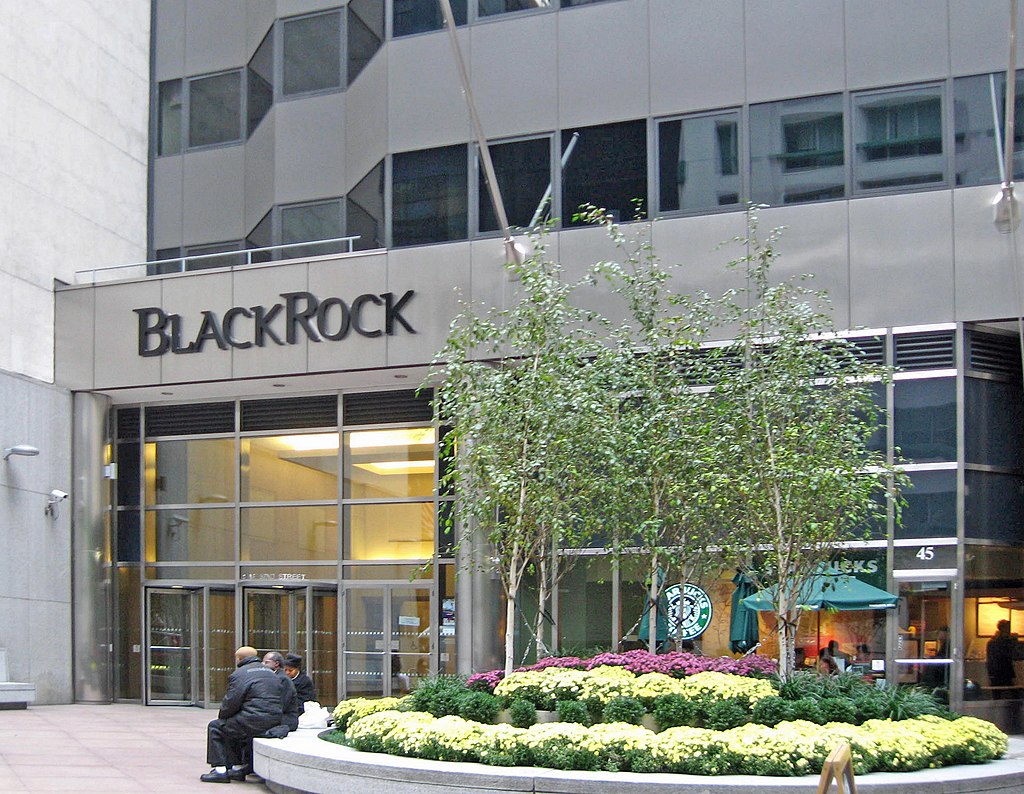


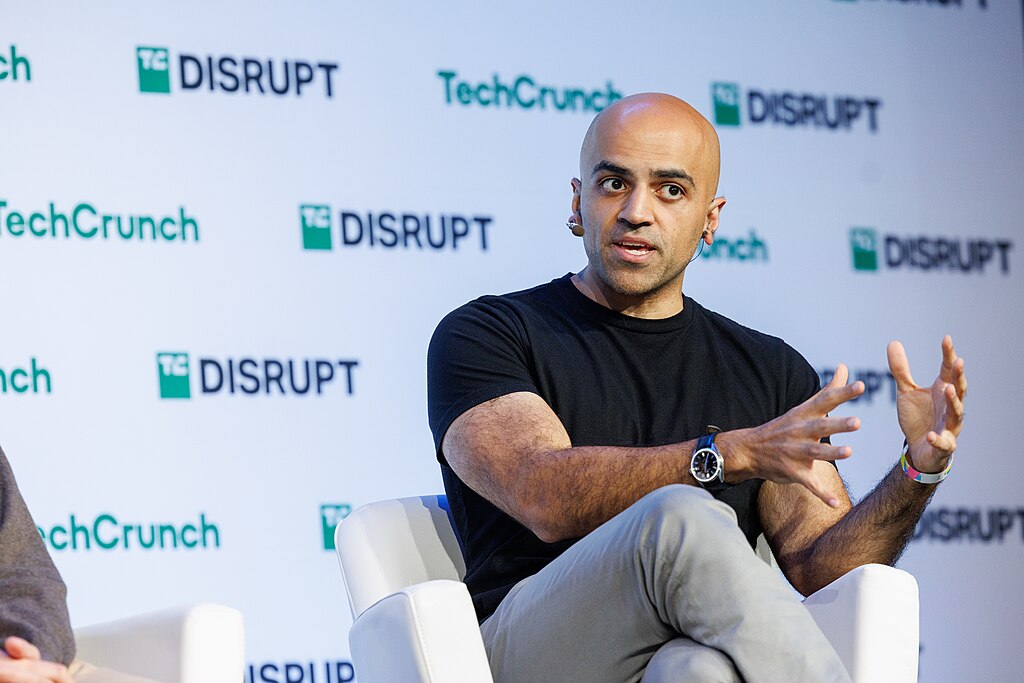

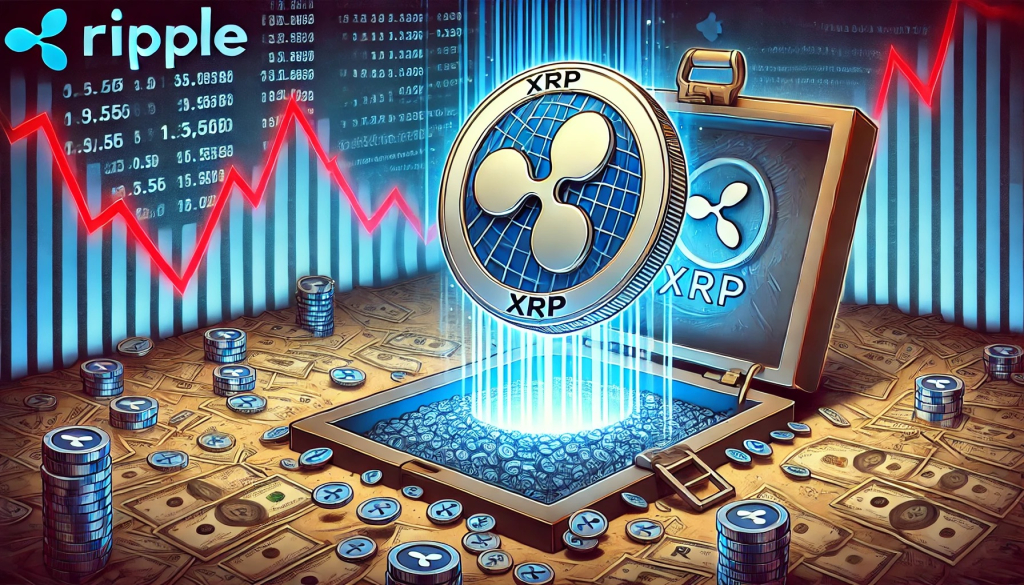




Comment 3